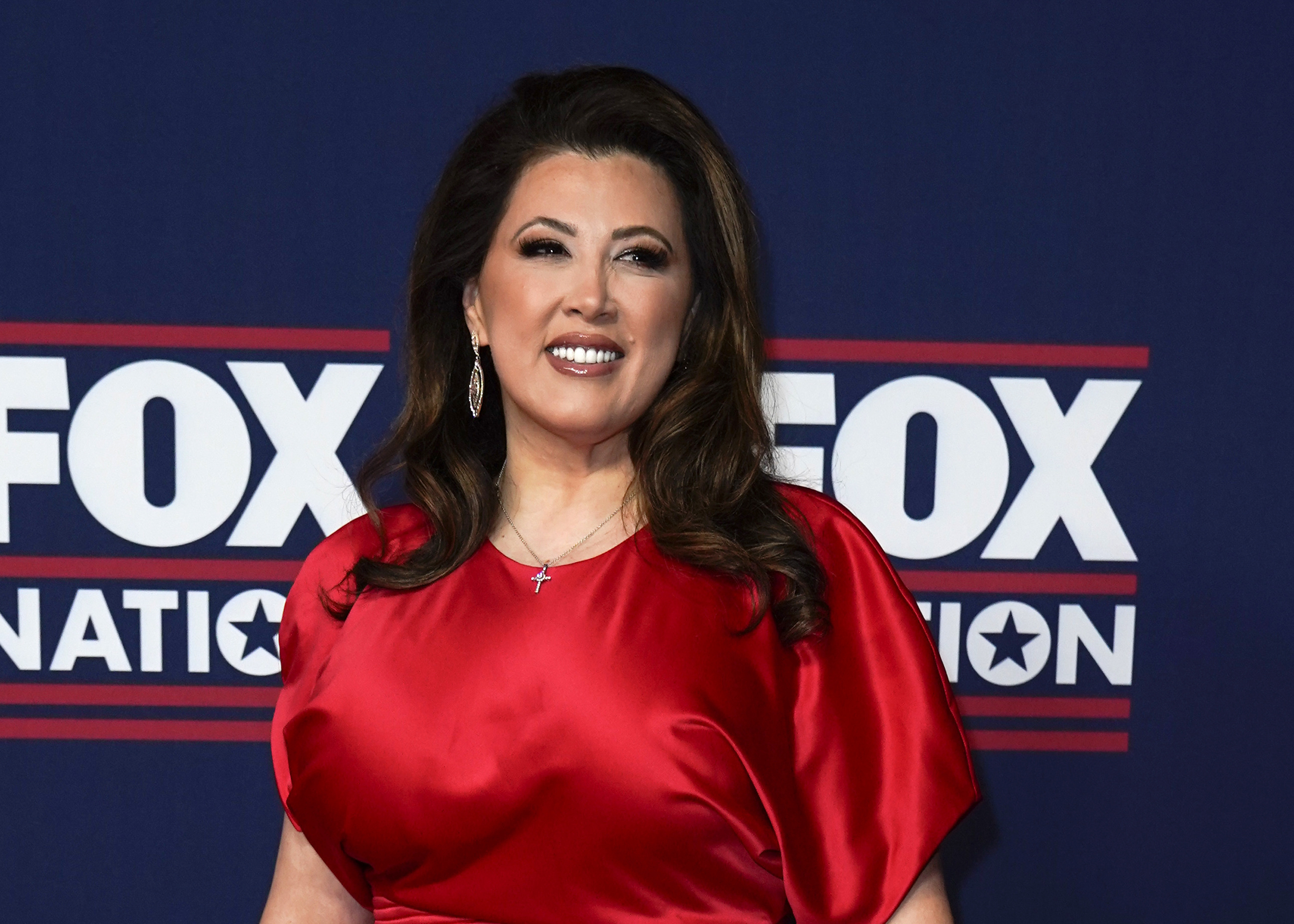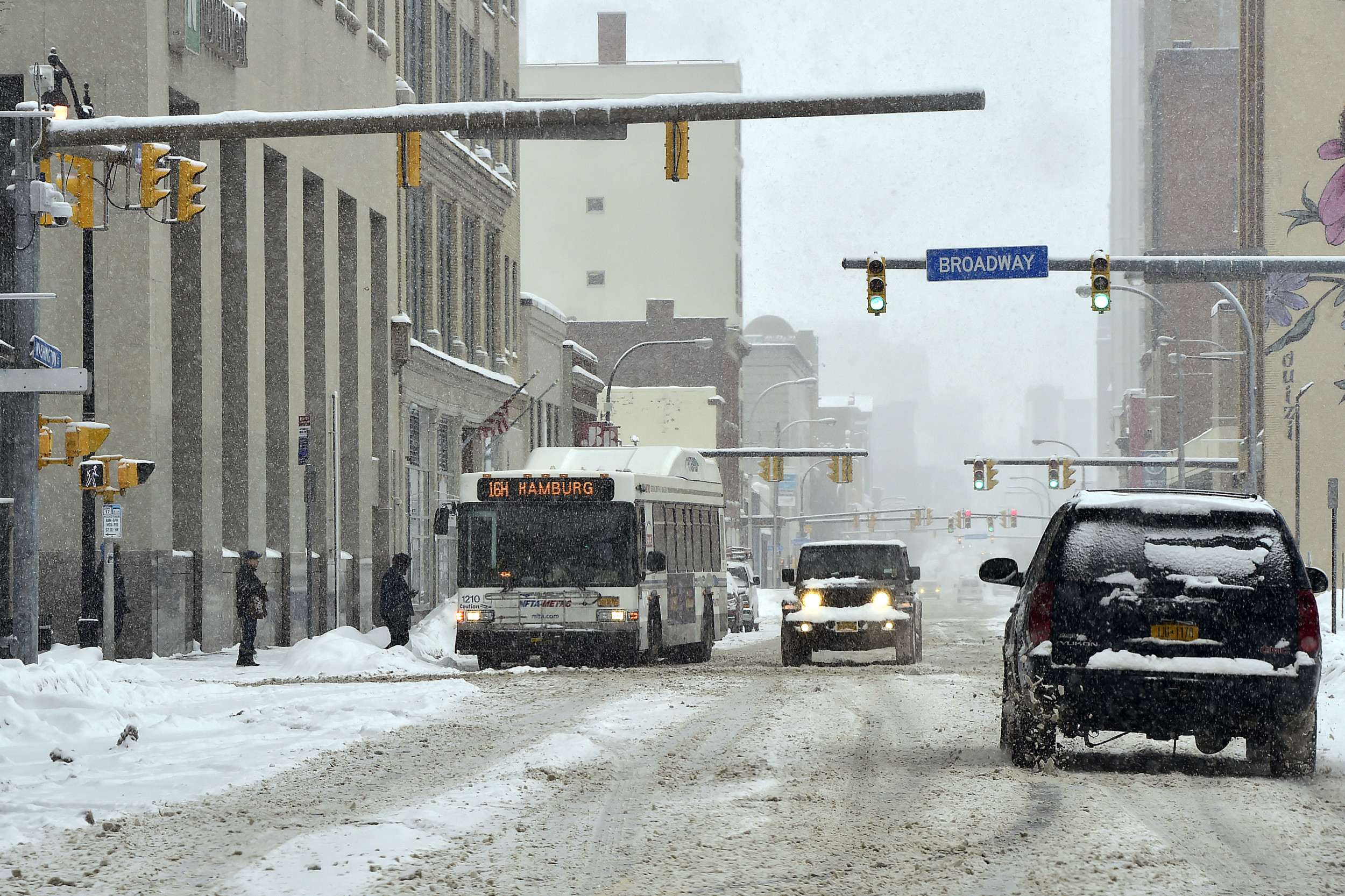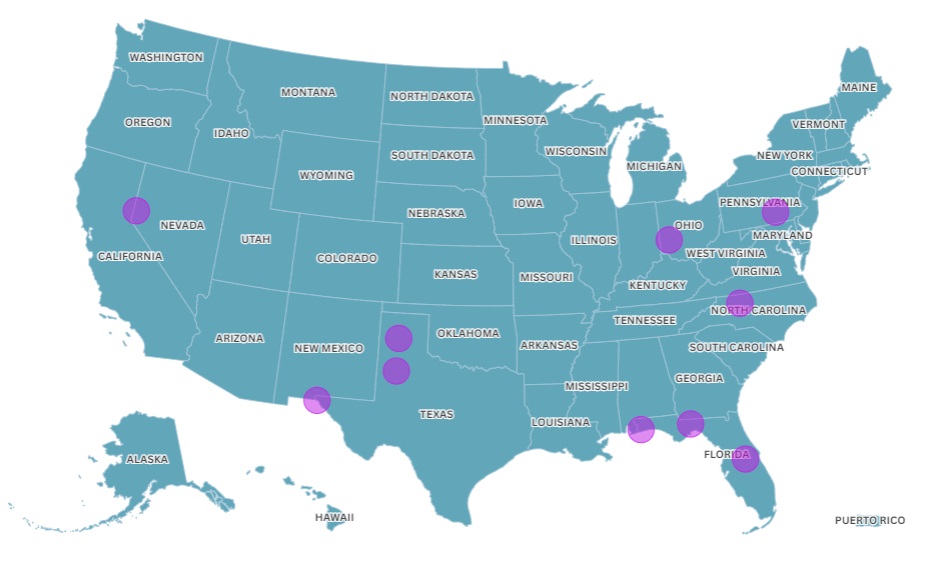Republicans are set to spend more than Democrats on Black Friday, and it comes down to how they think President-elect Donald Trump will handle the economy, according to a CNBC report on Friday.
The economy was one of the major issues in this year's election cycle. While inflation is cooling from pandemic-era highs, many Americans felt, and still do feel, the cost of high prices.
Trump, the Republican 2024 presidential nominee, promised to "end inflation," promising "historic" tax cuts for workers and small businesses. Vice President Kamala Harris, the Democratic presidential nominee, had her own economic plan, which included higher taxes on the wealthy and big corporations to propel social benefits like expanding tax deductions for small businesses and lowering housing costs for first-time homeowners.
At the polls, a majority of Americans chose Trump to lead the country for the next four years. This includes tackling the high cost-of-living so many Americans are currently facing. With the holiday shopping season now officially underway with Black Friday, Republicans' and Democrats' spending habits are expected to differ based on who they voted for.
People who voted for Trump had an overwhelmingly positive economic outlook while those who supported Harris had a more negative economic outlook, concerned that the president-elect's economic policies could make things more difficult for the middle class, CNBC reported on Friday, citing an analysis of shipping trends in red and blue states and interviews with shoppers in Texas, Michigan, New Jersey, New York, Connecticut, North Carolina and Virginia.
"If [shoppers] feel optimistic about what comes ahead, then they are willing to spend more, even if it is on a credit card, knowing or expecting that they're going to have the money to then pay it off," Meir Statman, an expert in behavioral finance and a professor at Santa Clara University's Leavey School of Business, told CNBC.
He continued: "So the general optimism of Republicans, on the whole, is likely to affect their spending. We know that sentiment generally affects what people do, including spending, and conversely, it might depress, of course, the sentiment of Democrats, and in all likelihood, negatively affect their spending."
Newsweek reached out to Trump's team and the White House via email for comment Friday morning.

Red States Spending More Than Blue States
E-commerce logistics provider Grip, which ships billions in merchandise across the nation every year, found that Americans' online shopping trends changed after the election on November 5.
Grip found that some red states saw a positive percent change in the number of packages it sent in the two weeks after the election from the number of packages it sent in the two months before the election.
The highest positive percent change was in Iowa, which received 346.7 percent more packages from Grip post-election. Trump won Iowa by 55.7 percent of the vote compared to Harris' 42.5 percent.
Meanwhile, blue states, except Minnesota and Illinois, saw a negative percent change in the number of packages Grip sent in the two weeks after the election from the number of packages it sent in the two months before the election.
The lowest negative percent change was in Maryland, which received 45.1 percent fewer packages from Grip post-election. Harris won Maryland by 63 percent of the vote compared to Trump's 34.3 percent.
Overall, states that Trump won saw shipping volumes increase by 50.4 percent after the election, while state that Harris won saw shipping volumes decrease by 11.2 percent.
Trump and Harris Voters' Differing Economic Outlooks
One Harris voter, Amanda Davila, a 30-year-old New York City educator, told CNBC she's planning to spend less on the holidays this year and is "trying to be more cautious" about spending as Trump prepares to take office in January.
"I'm worried about my own student loans and whether things will be taken out of forbearance, how much I'm going to be owing if the SAVE Plan [for student loan repayment] goes away and things like that," Davila said.
She added: "It's very hard being a millennial and having to worry about buying a house, affording groceries, rent, all that stuff. With our income, it's not enough for everything these days."
A Trump voter, Armando Duarte, a 62-year-old retired utility worker from Fort Lee, New Jersey, had a different outlook on the holiday season, telling CNBC that he's feeling a lot better about holiday shopping after Trump won.
"I'm optimistic that people are gonna feel a little bit more encouraged to spend because they may feel that the economy might be on the mend and coming back," Duarte said.
He continued: "I think things are going to really pick up for the better...I think that inflation is going to come down. Jobs are good, but they're going to get a lot better, and hopefully wages are going to go up, and people are going to be able to afford to just basically live."
On Monday, Trump said that he will impose a 25 percent tariff on all goods imported from Mexico and Canada until those countries take sufficient action to stop illegal immigration and the flow of drugs like fentanyl into the United States. He also said that Chinese imports would face "an additional 10 percent tariff, above any additional tariffs" until Beijing cracks down on the production of fentanyl.
If the U.S. imposes additional tariffs on all goods from Mexico, Canada, and China, it could generate about $266 billion in tax revenue, assuming no trade disruptions or retaliation. However, these costs would likely be passed on to U.S. families, importers, and companies through higher prices or reduced profits.



















 English (US) ·
English (US) ·